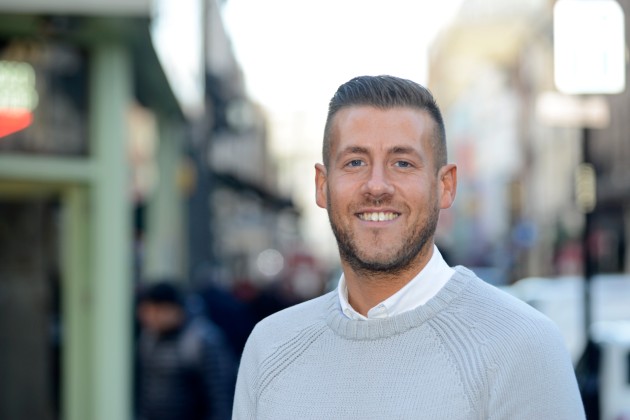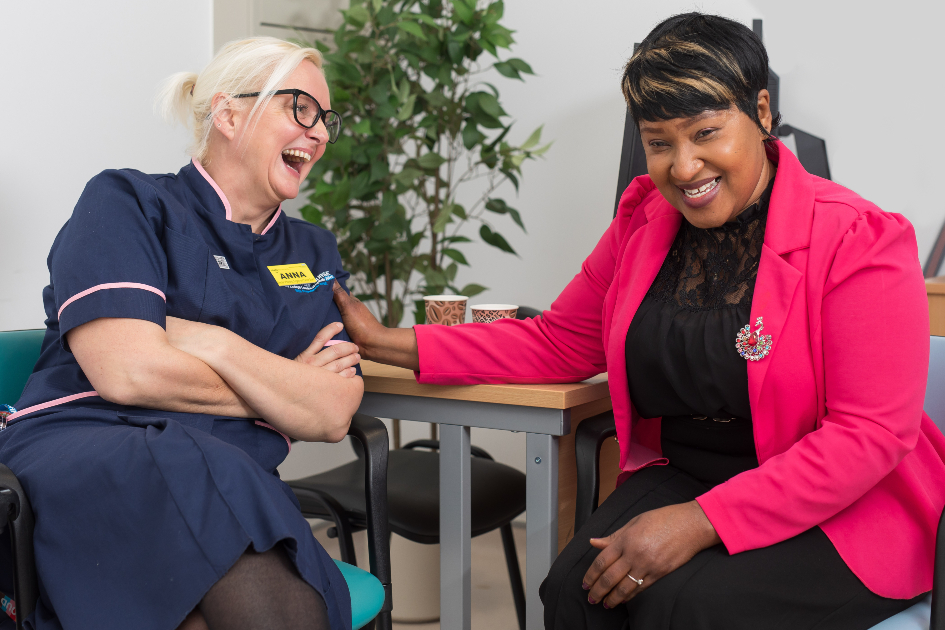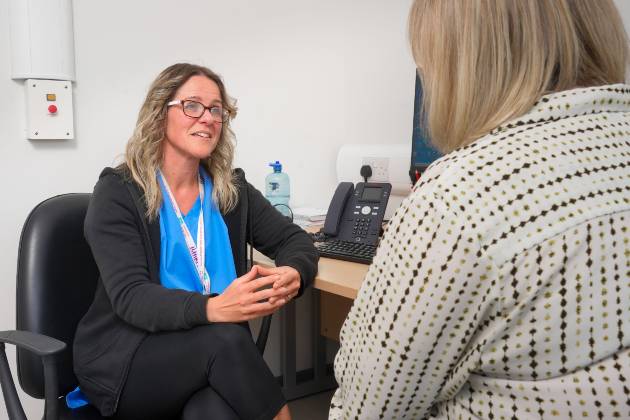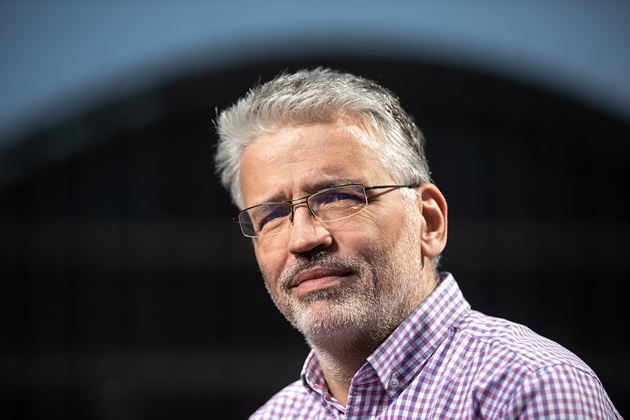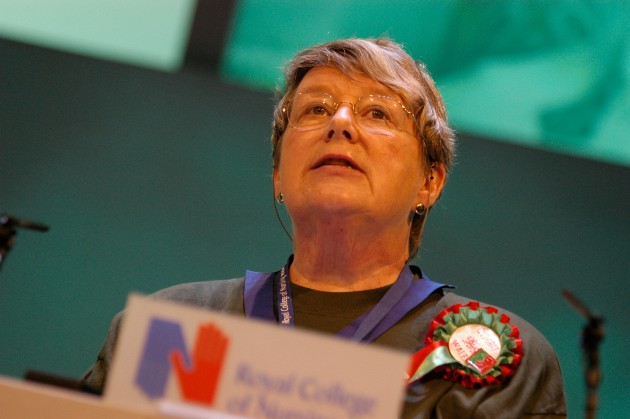Set up in 2009, 56 Dean Street is a sexual health clinic in the heart of Soho known for its pioneering focus on the needs of the LGBTQ+ community.
The clinic offers a range of services, including testing and treatment for sexually transmitted infections (STIs) and the provision of PrEP (a medication taken before and after sex to a reduce a person's risk of getting HIV) and PEP (a medication that can be taken after a person has been exposed to HIV to reduce the risk of getting infected).
It also offers support for those diagnosed with HIV, and advice on how to have safer sex, and has a second branch, Dean Street Express, offering rapid sexual health screening.
56 Dean Street is renowned for its services catering to transgender and non-binary people too, including TransPlus, which is the first integrated gender, sexual health and HIV service commissioned by NHS England.
Nurse Jon Clark has been working at 56 Dean Street for 10 years. He joined as a staff nurse, progressed to charge nurse, and became the clinic manager in 2020. We asked Jon about the clinic’s significance for LGBTQ+ people in the UK, and how nursing staff can best support patients from this community.
Why is 56 Dean Street so important?
One of the really important things is that it’s at the centre of the LGBTQ+ community. Soho has been an area for the LGBT+ community for a long time. 56 Dean Street is part of that community and gears its services towards them. One things it has done very well over the years is listen to its patients. There’s a lot of trust there.
How have LGBTQ+ people been important throughout the history of medicine?
In modern times, the LGBTQ+ community has been very vocal in terms of its health care, and has pressurised governments and the wider NHS against a backdrop of very negative publicity. We are where we are today, particularly with the reduction in HIV transmission, because of people and groups like that within the community.What work still needs to be done to improve care?
Care needs to be more available and joined up. Wherever someone is, they should have access to support and treatment. It shouldn’t be based on postcode and patients shouldn’t be tied to a certain clinic or need to come to London or Manchester or Birmingham for their treatment.How can nursing staff improve health care experiences for LGBT+ patients?
Understanding the journey of a trans person through health care is what we need to focus on now. I've heard a number of shocking stories from trans people around their use of NHS services, and we have to get better. We're not perfect at Dean Street, don't get me wrong, but we're better than most because we have trans staff working within these services who we can learn from.
- Read next: HIV: where are we now?
How does 56 Dean Street support its LGBT+ nursing colleagues?
We have so many LGBTQ+ staff that work at Dean Street, naturally. They've got an interest within the field, so they gravitate to working here. We’re a very diverse group of people and we really support each other.
Working at Dean Street allows you do your job, be a nurse and also be your authentic self, surrounded by like-minded people. It also gives you the opportunity to look after your community. That's quite special.
What’s next for 56 Dean Street?
We’re having new clinical services built for TransPlus, an NHS gender dysphoria service based at 56 Dean Street. It's having a completely new clinical floor and an expansion of staff.
We’re also looking to improve the provision of PrEP, to make it even more accessible. Then, there are ongoing challenges around the rise in STI rates. We know there are huge rises in the rates of syphilis, gonorrhoea, and chlamydia.
So, how do we combat that? We are continually adapting and improving our services to meet the needs of our communities.
Find out more
- Get involved with the RCN Pride in Nursing campaign.
- Discover 5 ways to be a good LGBTQ+ ally.


